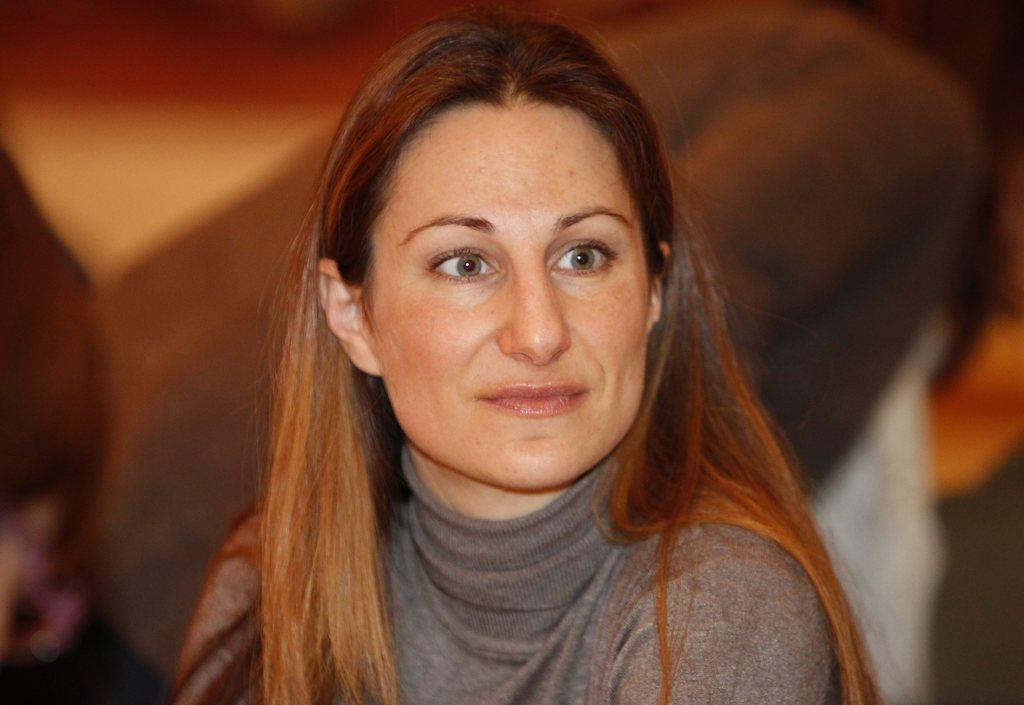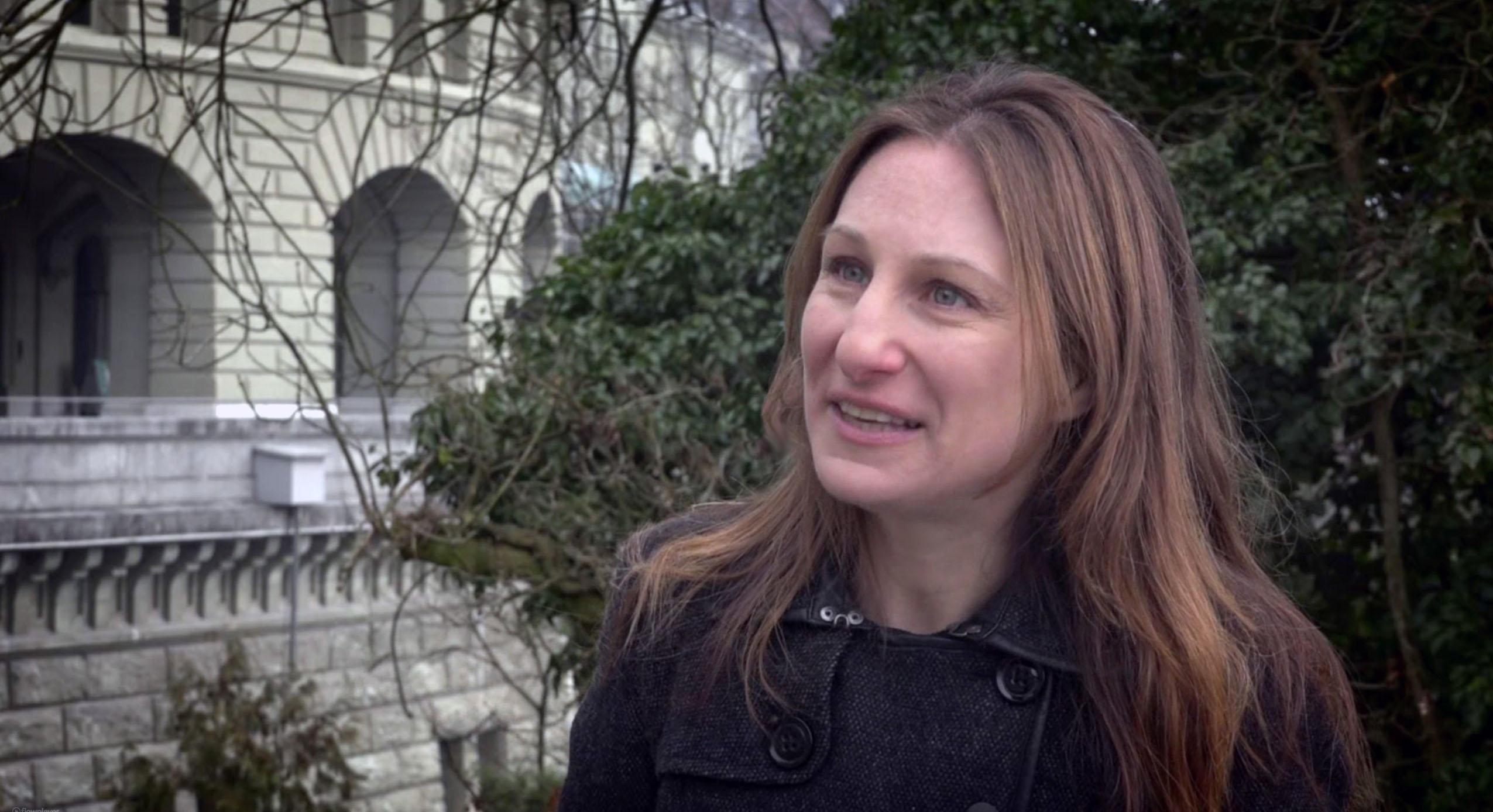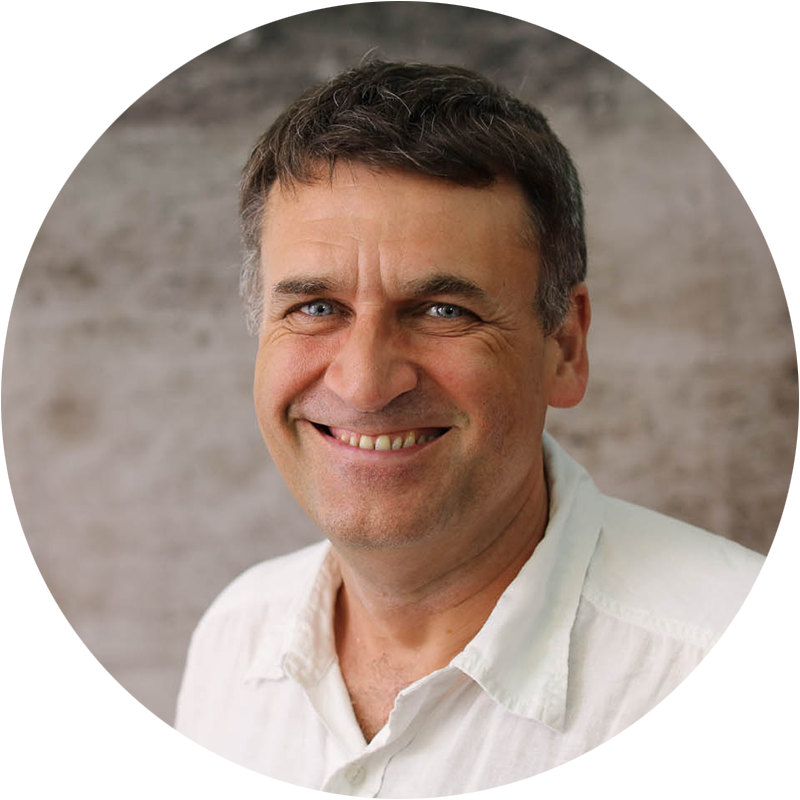
‘Our job is to maintain pressure over green issues’

Switzerland’s leftwing Green Party has two main strategies for the next legislative period: making sure the energy strategy is carried out and repairing relations between Switzerland and the European Union. swissinfo.ch spoke to party co-president, Adèle Thorens.
Things are moving in terms of environmental issues, but there is still work to do, says the parliamentarian from the French-speaking canton of Vaud. She has been co-heading the Green Party, with her Bernese colleague Regula Rytz, since 2012.
swissinfo.ch: During the last federal elections in 2011, your party did not benefit from the Fukushima nuclear disaster effect and lost five seats in the House of Representatives. Today, with all parties taking an environmental stand, does it still make sense to be Green?
Adèle Thorens: Of course. If we just consider the environmental question, then we have two roles to play. The first is to apply pressure over the nuclear issue. There are some very good points in the government’s Energy Strategy 2050External link programme: we have decided not to build any more nuclear plants and that we will invest more in renewable energies. But we did not set a time limit on the lifespans of old plants. Things are moving forward, but we need to maintain the pressure.
The Green Party was founded in 1983, and was made up of different environmental groups dating from the 1970s. The current Mayor of Lausanne, Daniel Brélaz, was the first Green Party representative to be elected to federal parliament in 1979. In the 1983 federal elections, the Greens, then known as the Federation of Swiss Green Parties, gained 1.7% of the vote and 3 seats in parliament.
In 2007 the party celebrated the best result in its history: 9.6% of the vote, 20 parliamentarians in the House of Representatives and two in the Senate. In 2011, it didn’t do as well: 8.4% of the vote and five fewer parliamentarians.
We also play a pioneering role. In our people’s initiative for a green economyExternal link – to which the government has proposed a counter project – we discuss a “circular” economy [an economic system in which no materials are wasted], waste recovery, sustainable design and programmed obsolescence [when the process of something becoming obsolete is planned and built into it from its conception].
swissinfo.ch: If you could name two main priorities for your party for the next term, what would they be?
A.T.: For the environment, it’s making sure the energy strategy is carried out successfully. The strategy will probably be voted on before the end of the legislative period, but there is a risk of it going to a referendum. Also, if no schedule for closing down the nuclear plants is fixed, as appears will be the case, we shall put forward our own people’s initiative on leaving nuclear power, which calls for shutting down plants after 45 years.
We are also fighting for an environment tax – the second component of our energy strategy. This involves incorporating external costs [for example, the impact on the environment] into the price of energy, which would boost the energy shift by making renewable energy more competitive.
Our second priority is keeping the bilateral agreements and normalising relations between Switzerland and the European Union following the anti-immigration vote of February 9, 2014.
swissinfo.ch: How do you see the future of relations with the European Union?
A.T.: Two options exist. Either we manage to preserve the bilateral agreements with the EU by using a flexible application of the law, or we vote again. You cannot rule out the first scenario since room for manoeuvre exists. This would, however, need a series of measures: for example, the ones already proposed by the cabinet, which include improving women’s access to the workforce and the better integration of the over 50s. [Think tank] Avenir Suisse suggests setting medium term goals to control migratory flows, with specific sanctions if the economy does not achieve this.
The second option is another vote. I believe this is the most plausible one: either because a party might launch a referendum against the implementation law [for the anti-immigration vote], or because we haven’t been able to draw up a law that is compatible with the bilateral agreements, which would mean aiming for a new amendment to the constitution. We would therefore have a “test” vote, which, I hope, would confirm the bilateral way.

More
The Green Party and the Swiss Abroad
swissinfo.ch: Some in the economic sector have criticised Energy Strategy 2050, as it involves extra costs for businesses. In addition, you have mentioned green taxation. All this within the difficult context of the strong Swiss franc. Isn’t this a bit much for the economy?
A.T.: The energy strategy is beneficial for Switzerland because it will allow us to use less energy and to stimulate innovation, especially in renewable energies.
On the matter of green taxation, everything depends on the system chosen. We favour expanding the carbon tax, which is currently applied to heating oil. The tax has existed for several years and works well. Revenues are redistributed to the population and to businesses. We would like to see this model expanded to non-renewable electricity. It allows for exemptions, for instance, for businesses that consume a lot of energy and are vulnerable to foreign competition, but which are taking steps towards energy efficiency.
swissinfo.ch: What would you propose to combat the effects of the strong franc?
A.T.: First, we believe that it is a mistake to lower salaries and disrupt fiscal stability. This would create other problems, including the weakening of purchasing power.
On the contrary, now is the time to invest, particularly in innovation and excellence, our sole assets. The negative interest rates mean that public entities can borrow at favourable prices. The energy strategy and green economy generate local employment and added value. Instead of spending CHF10 billion per year buying fossil fuels from abroad, we could invest those sums in Switzerland.
swissinfo.ch: In recent years, Islam has attracted a lot of attention, on issues including headscarves, radicalisation and terrorism. What should the place of the Muslim religion be in Swiss society?
A.T.: The first challenge is to not confuse religion and terrorism, and to remember that extremism is a phenomenon that affects all religions. In Switzerland, we have a Muslim community which practices its faith peacefully. People should be able to follow their faith without being stigmatised. But they should also be involved in the fight against extremist and violent tendencies.
One might ask why the Muslim religion, like other religions, is not recognised on the same level as Christianity in Switzerland. Equal recognition would mean rights, as well as duties, for example, on matters like transparency or the training of Imams. This would help encourage dialogue and respect between religious practices, our culture and our laws.
Translated from French by Paula Dupraz-Dobias

In compliance with the JTI standards
More: SWI swissinfo.ch certified by the Journalism Trust Initiative





























You can find an overview of ongoing debates with our journalists here . Please join us!
If you want to start a conversation about a topic raised in this article or want to report factual errors, email us at english@swissinfo.ch.